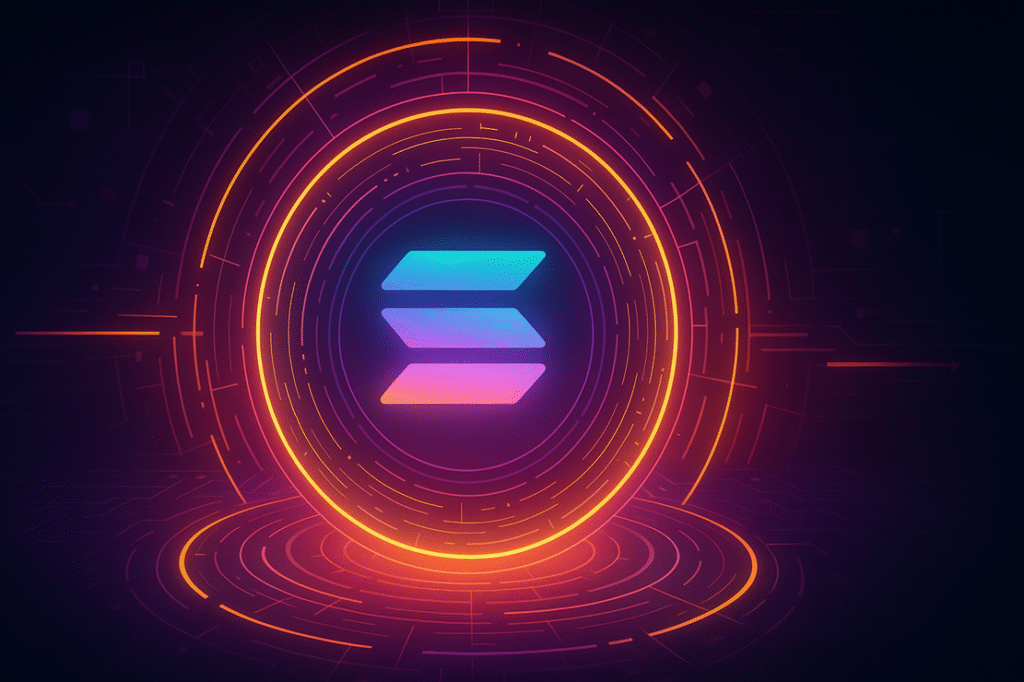In the ever-evolving landscape of blockchain technology, Solana stands out with its ambitious plans for upgrading its consensus mechanism. The recent proposal, named Alpenglow, aims to redefine transaction finality and improve the economic incentives for validators on Solana’s mainnet. Whether you are a developer, investor, or blockchain enthusiast, understanding these enhancements is crucial for navigating Solana’s future developments and potential investment opportunities.
Solana’s Alpenglow Proposal: Revolutionary Changes in Blockchain Consensus
Understanding the New Voting Process for Alpenglow
The initiative to implement Alpenglow introduces a structured three-phase governance timeline. The process includes initial discussions spanning epochs 833–838, capturing stake-weight in epoch 839, and conducting a binding vote across epochs 840–842. Participation requires validators to utilize claimable vote tokens, directing them to accounts labeled “Yes,” “No,” or “Abstain.” For the proposal to pass, it must achieve a supermajority, meaning that “Yes” votes need to account for at least two-thirds of the combined “Yes” and “No” votes, with a 33% quorum that also considers abstentions. Presently, discussions are ongoing in epoch 834, with voting set for the upcoming epochs.
The Core of Alpenglow: Votor Protocol
Alpenglow shifts Solana’s consensus protocol to the Votor system, a leader-pipelined, direct-vote finality protocol. This new method replaces on-chain vote transactions and extensive gossip with off-chain vote exchange, incorporating local signature aggregation. Validators are tasked with voting to notarize or skip blocks. Leaders then compile these votes after eight slots to create compact proofs. This revamp is designed to minimize latency and bandwidth usage. The “20+20” liveliness model allows the system to maintain progress despite having up to 20% of adversarial and 20% unresponsive validators, enhancing fault tolerance and efficiency.
Revamping Validator Economics
With the shift to off-chain voting, Alpenglow introduces a Validator Admission Ticket (VAT), which imposes a fixed fee of 1.6 SOL per epoch to validators. This fee replaces the current on-chain vote-fee regime, establishing an economic barrier equivalent to existing standards. The protocol mandates that validators submit one valid vote per slot; failure to comply can lead to disqualification from rewards and eventual removal from the active set. Leaders are compensated through per-slot vote rewards and additional bonuses for including fast-finalization certificates. This economic restructuring aims to improve both efficiency and fairness in validator compensation.
Potential Impacts of Alpenglow on Solana’s Ecosystem
The adoption of Alpenglow would bring substantial changes, particularly at the client layer, where optimistic confirmation would be replaced by true sub-second finality. The proposal prioritizes aligning confirmation latencies with the expectations set by Web2 technologies while enhancing security guarantees that were less formal in the previous TowerBFT system. Although the main focus during the initial rollout is on finalization and voting, a separate protocol, Rotor, will address data dissemination in a future update.
Community Feedback and Considerations
Community responses have highlighted concerns about operational risks and the deployment strategy. Some validators have stressed the importance of a comprehensive testing and fallback plan, comparing this transition’s scale to significant protocol changes seen in the industry. Issues related to the VAT level, transaction expiration without Proof-of-History, and the handling of leader equivocations underline the complexity of the proposal. These discussions emphasize that while the proposed 150 ms finality is attractive, the final vote will heavily depend on the validators’ confidence in the safety proofs and incentive structures.
FAQs
What is the Alpenglow proposal for Solana?
Alpenglow is a proposed overhaul of Solana’s consensus mechanism, designed to replace the existing Proof-of-History and TowerBFT systems with a more efficient finality protocol called Votor. It aims to achieve sub-second block finalization and improve validator incentives through economic reforms.
How does Alpenglow improve Solana’s transaction finality?
Alpenglow introduces the Votor protocol, which reduces latency and bandwidth usage by shifting vote transactions off-chain. This change allows for block finalization times as low as 100–150 milliseconds, vastly improving transaction finality and aligning it with Web2 standards.
What are the new economic incentives for validators under Alpenglow?
Validators will pay a fixed fee via the Validator Admission Ticket (VAT) per epoch to maintain their position. They must also cast a valid vote per slot to qualify for rewards. Leaders will receive compensation based on the votes they aggregate and bonuses for including finalization certificates.
Will Alpenglow affect my current SOL holdings?
Alpenglow primarily targets Solana’s backend functionalities and validator economics, so it may not directly impact your SOL holdings. However, the improved performance and security could enhance Solana’s value proposition, potentially influencing SOL’s market value over time.

